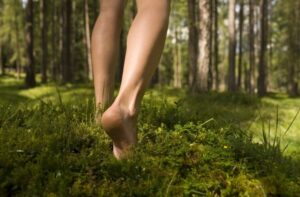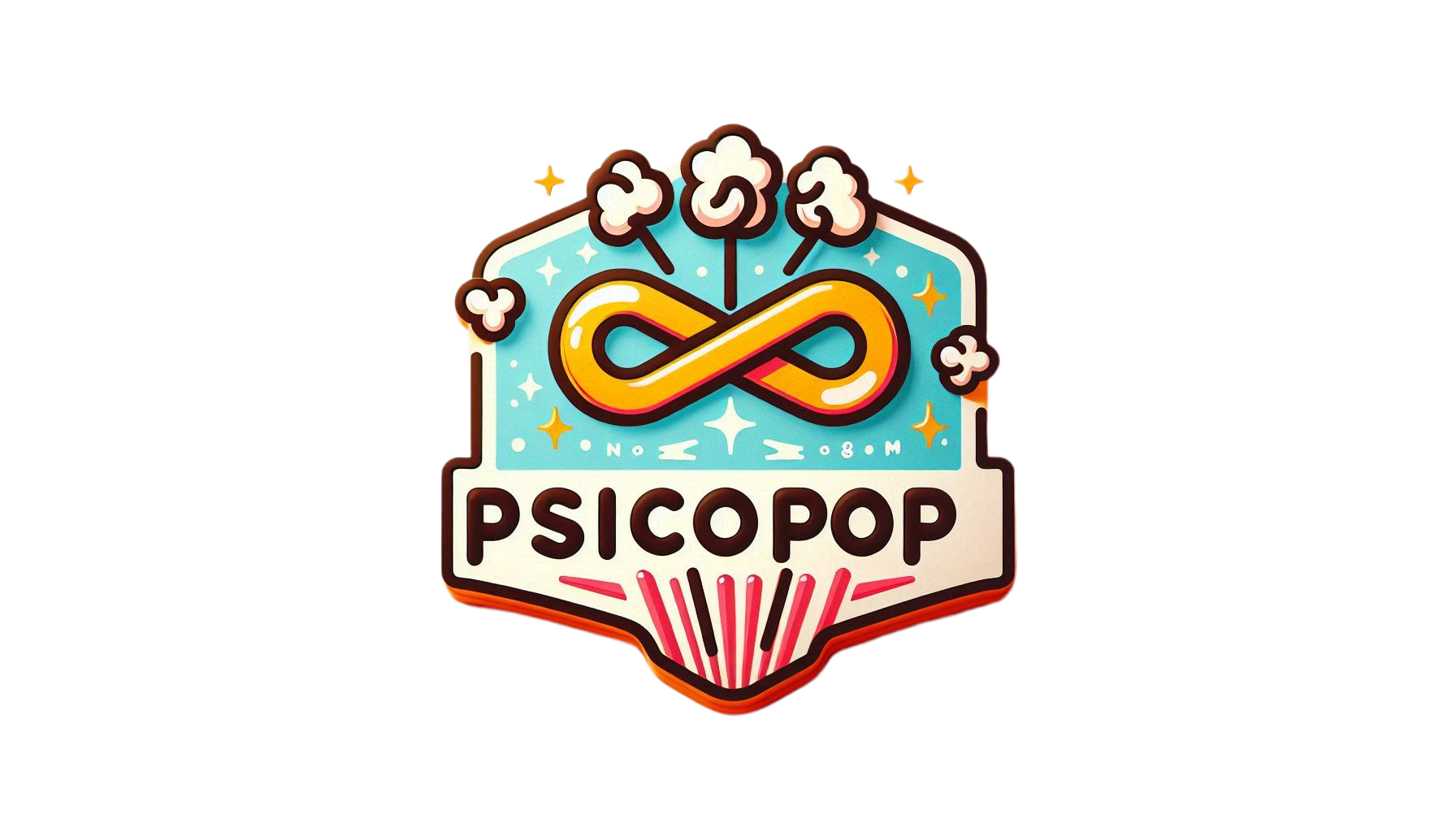There is a medicine that costs nothing and is very effective and, moreover, is within everyone’s reach: take off your shoes and step on the ground. The scientific evidence speaks of extraordinary effects for just walking barefoot.
It is difficult to believe that something as simple as standing without shoes can have such an impressive list of benefits: from reducing glucose concentration in blood and urine, stabilising iron levels, balancing the heart and respiratory rate, reducing the secretion of cortisol (the stress hormone), reducing inflammation, oxidation and thus pain, and even improving circadian rhythm and better sleep at night.
Although primitive people knew this better than anyone else, today science has proven it: being in contact with the ground is healing and therapeutic.
The mechanisms through which these benefits are obtained are earthing or grounding, two anglicisms used to refer to the practice of contact with the earth.
 One of them is in the field of microorganisms and, more specifically, mycobacterium vaccae, a bacterium widely distributed in nature. Being in contact, on a constant basis, has reported some surprising results: a study published in the journal Annals of Oncology in 2004 found that patients with advanced lung cancer who were undergoing chemotherapy and received treatment with mycobacterium vaccae improved their quality of life, their general health and their cognitive and physical functioning. They also improved their vitality and even experienced less pain . The oncologist at the Royal Marsden Hospital in London (UK) discovered it accidentally, in an attempt to alleviate symptoms in lung cancer patients. However, during treatment, she noticed an increase in joy, happiness and an improvement in patients’ general mood, less nausea and less pain.
One of them is in the field of microorganisms and, more specifically, mycobacterium vaccae, a bacterium widely distributed in nature. Being in contact, on a constant basis, has reported some surprising results: a study published in the journal Annals of Oncology in 2004 found that patients with advanced lung cancer who were undergoing chemotherapy and received treatment with mycobacterium vaccae improved their quality of life, their general health and their cognitive and physical functioning. They also improved their vitality and even experienced less pain . The oncologist at the Royal Marsden Hospital in London (UK) discovered it accidentally, in an attempt to alleviate symptoms in lung cancer patients. However, during treatment, she noticed an increase in joy, happiness and an improvement in patients’ general mood, less nausea and less pain.
Equally interesting is the Finnish study published in Environment International in which researchers intervened in kindergartens by bringing forest vegetation into the playground: “The nature-based intervention increased regulatory T cells and anti-inflammatory cytokines in the children’s blood. This suggests that nature-based interventions may confer health benefits in part by promoting anti-inflammatory and immunoregulatory function and thereby preventing inappropriate inflammation, which is known to be a risk factor for the development of stress-related psychiatric disorders” . At the University of Briston (UK), work began in the neurobiology department and Lowry showed that injecting the bacteria into mice increased levels of cytokines that ultimately produced serotonin, with an effect identical to that of some types of antidepressants.
What’s more, they fed mice peanut butter sandwiches mixed with soil. The animals, apart from enjoying the feast, showed clearer thinking when navigating the maze, anxiety levels decreased and the effects lasted for up to three weeks .
There may be a question of electrical charge: one of the practices advised to reduce anxiety and discharge mental rumination is to walk barefoot for ten minutes a day. Spiritually, it has a central meaning, as it puts us in touch with the soil, the roots, and is a compelling symbol. Being in contact with the ground allows us to recalibrate the electrical system of our organism, increasing energetic vitality.
Another expert on the subject is the American cardiologist specialising in integrative medicine, Stephen T. Sinatra, who has researched the prevention and recovery of coronary heart disease associated with contact with the ground . In his book Earthing, barefoot he talks about how rubber soles or concrete have interrupted a circuit that constantly recharges us: contact with the ground. A disconnection that, he says, causes psychological disorders, pain, tiredness or insomnia. The solution, he says, has always been under our feet .
📎 Alcaine, A. [Albert]. (2024, 26 July). Soil as an antidepressant. PsicoPop. https://www.psicopop.top/en/soil-as-an-antidepressant/
📖 References:
